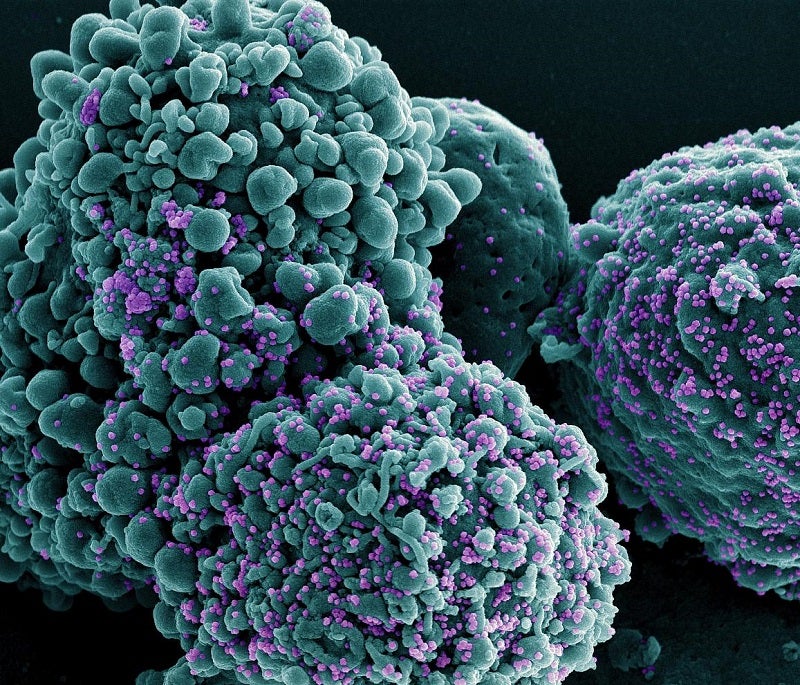
The National Institutes of Health (NIH) is seeking the next generation of Covid-19 diagnostics, with a focus on improved performance and accessibility.
As part of this move, NIH has granted two new funding opportunities, which are part of the Rapid Acceleration of Diagnostics (RADx) Tech programme, for diagnostic manufacturers to develop tests for Covid-19.

Discover B2B Marketing That Performs
Combine business intelligence and editorial excellence to reach engaged professionals across 36 leading media platforms.
Managed by the National Institute of Biomedical Imaging and Bioengineering (NIBIB), the RADx Tech programme was introduced to expedite the development, commercialisation and implementation of Covid-19 testing technologies.
The two new programmes may award funds of up to $300m from the American Rescue Plan Act of 2021.
This funding will support the expedited development of Covid-19 tests and provide regulatory guidance throughout the pandemic and beyond.
NIH’s first solicitation is for the development of accessible over-the-counter diagnostics that can be used by individuals with disabilities, such as those related to aging, low vision, blindness or difficulties with fine motor skills.

US Tariffs are shifting - will you react or anticipate?
Don’t let policy changes catch you off guard. Stay proactive with real-time data and expert analysis.
By GlobalDataThe products would need to be ready for commercialisation in one to two years.
The second solicitation from the NIH focuses on performance improvement for tests used in point-of-care settings as well as over-the-counter.
The tests need to have universal design features to enable easy use as well as a performance that is unaffected by virus variants.
They should also be developed with an aim to reduce or eliminate the need for continuous testing and need to be ready for commercialisation in two to three years.
The latest move builds on a successful programme that increased the US testing capacity by billions in two years.
Last month, NIH researchers found a new blood test that can be used to assess disease severity in patients with pulmonary arterial hypertension (PAH).





